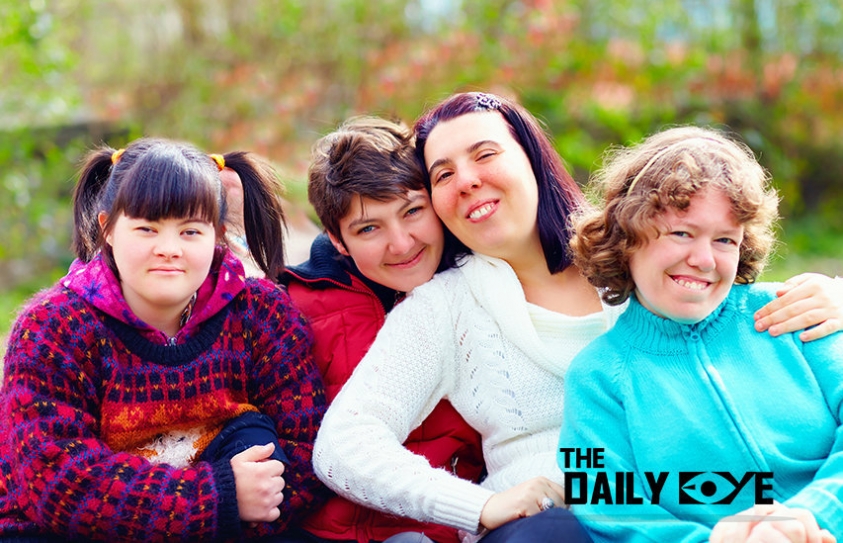
Women and Girls with Disabilities more likely to experience Violence
by Yash Saboo July 31 2018, 4:26 pm Estimated Reading Time: 3 mins, 21 secsA study published in the Lancet says that both children and adults with disabilities are at much higher risk (up to 4 times) of violence than their non-disabled peers. Out of that, women and girls with disabilities are doubly vulnerable in conflict or crisis situations, aid groups warned on Tuesday at a global conference on disability in London.
The review on the prevalence and risk of violence against children with disabilities found that overall children with disabilities are almost four times more likely to experience violence than non-disabled children. The review indicated that children with disabilities are 3.7 times more likely than non-disabled children to be victims of any sort of violence, 3.6 times more likely to be victims of physical violence, and 2.9 times more likely to be victims of sexual violence. Children with mental or intellectual impairments appear to be among the most vulnerable, with 4.6 times the risk of sexual violence than their non-disabled peers.

GlobalGiving
According to the census, 21 million people in India as suffering from one or the other kind of disability. This is equivalent to 2.1% of the population. Among the total disabled in the country, 12.6 million are males and 9.3 million are females. And this is just the statistics of India. When we talk about the world, one billion people, or 15% of the world's population, experience some form of disability, and disability prevalence is higher for developing countries. The number is huge.
"Being a woman or girl with a disability is a double vulnerability. They are invisible," Yves Daccord, chief of the International Committee of the Red Cross (ICRC), told the Thomson Reuters Foundation.
"It excludes you from society, and it's not a choice. And your community or even your family can just throw you out."
The U.N. children's agency said more than half the estimated 93 million disabled children in the world were out of school, knocking up to five percent off national incomes due to their lost potential.
"Children with disabilities are some of the most marginalized of any society," said UNICEF head Henrietta Fore. "Children in times of conflicts or natural disaster, they're at a double disadvantage - if they can't walk, if they can't hear, or see, they can easily be separated from their families."

What's Up Life
“Women and girls with disabilities are at risk of more than direct violence,” underlines Muriel Mac-Seing, HIV and AIDS/Protection Technical at Handicap International. “They are often excluded from basic services, such as health and education, or do not have the right to work.” A Handicap International study in the Western Province of Rwanda revealed a vicious spiral at work: women who are prevented from exercising their right to attend school are more likely to remain ignorant of their rights and to put up with degrading and violent treatment. Their economic vulnerability, which is linked to their gender and disability, also creates an environment in which they are more likely to be ill-treated, leading to further impoverishment of affected people with disabilities as well as their families.
This is also the case in disaster situations. “During disaster situations, for example in refugee camps, women with disabilities are extremely vulnerable,” explains Hélène Robin, manager of Handicap International’s emergency programmes. “Not only are services poorly adapted to their specific needs (they cannot move around and do not have access to food distributions or latrines, for example), they are also at a heightened risk of violence."
“Moreover, women with disabilities in emergency situations are most likely to suffer from intellectual, sensorial or psychological impairments. Women who are deaf and mute, for example, cannot call for help, when necessary, or express their needs, because they are unlikely to be fully understood (which makes them priority targets). At the same time, women who are the victims of violence or abuse, but who have an intellectual impairment or mental health problems, may be considered to be unreliable witnesses. These women, therefore, need particular protection during emergency situations.”





-173X130.jpg)
-173X130.jpg)
-173X130.jpg)
-173X130.jpg)
-173X130.jpg)
-173X130.jpg)
-173X130.jpg)